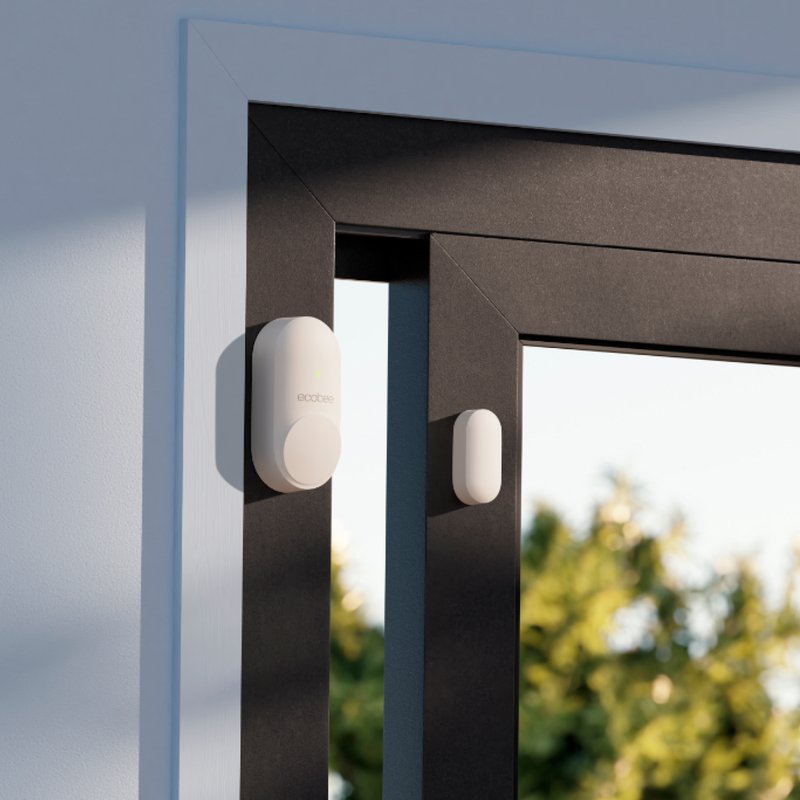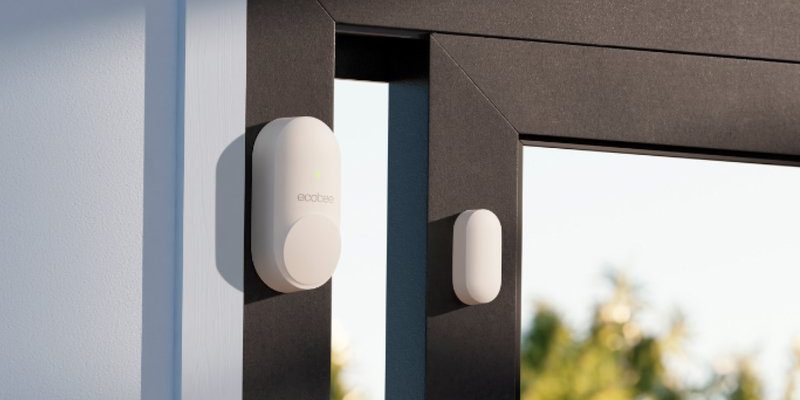
Think of buying an extended warranty like adding a safety net under a tightrope. It’s there to catch you if something goes wrong after the standard coverage expires. But is that safety net actually worth the extra cost for a smart thermostat or sensor that generally works smoothly? Let’s unpack what an extended warranty really means for Ecobee devices, how likely you are to need it, and if it’s a smart investment or just an extra expense.
What Does an Extended Warranty Mean for Ecobee Devices?
At its core, an extended warranty is a promise from the seller or a third party that if your device breaks down after the manufacturer’s original warranty ends, they’ll repair or replace it. For Ecobee smart thermostats and sensors, the standard warranty usually covers hardware defects for a year or two. The extended version stretches that coverage usually for an extra one to three years.
Here’s why that matters: these devices involve a mix of delicate internal parts, like sensors, screens, and wireless chips. Over time, these parts can fail, especially if your home experiences electrical surges or sudden temperature swings. So this extra coverage can help avoid unexpected repair bills or the puzzle of troubleshooting a device that suddenly won’t sync with your Wi-Fi.
But before you decide, it’s good to understand exactly what this warranty covers. Usually, it includes defects in materials or workmanship but doesn’t cover accidental damage like dropping the thermostat or water spills. Also, battery replacements—a common need for Ecobee sensors and remotes—might not be included. So, this isn’t a catch-all safety net, but more like a targeted shield for specific breakdowns.
How Reliable Are Ecobee Devices Without Extended Warranty?
Honestly, Ecobee devices tend to be pretty durable. Many users report years of hassle-free operation, where the thermostat just quietly adjusts temperatures and the sensors keep tracking motion without a hiccup. The company itself has a good reputation for solid hardware and responsive software updates that fix bugs and improve syncing and pairing with other smart home gadgets.
That said, no device is immune to problems. Some users experience issues like random resets, trouble pairing sensors, or the touchscreen freezing up. But these glitches often stem from software bugs or setup quirks rather than hardware failures. For many, a simple reset or troubleshooting step resolves the problem without the need for repairs.
If your Ecobee device is working well after the first couple of years, the chances of sudden hardware failure drop considerably. Plus, the smart home ecosystem generally offers remote troubleshooting through apps, where you can check the device’s battery life, reset it remotely, or re-sync it without needing a physical fix.
What Are the Common Problems That Might Require Repairs?
You might be wondering, “What exactly could go wrong that makes extended warranty useful?” Here’s a quick look at the usual suspects:
- Screen Failures: The touchscreen on Ecobee thermostats is sensitive. Over time, it might stop responding or display errors, requiring a screen replacement or repair.
- Connectivity Issues: Sometimes devices lose connection to Wi-Fi or fail to pair with sensors. While often software-related, persistent issues might hint at hardware faults in the wireless chips.
- Sensor Battery Problems: Motion sensors and remote sensors rely on batteries that eventually die. While you can replace batteries yourself, if the sensor itself stops working, repair or replacement might be needed.
- Power Supply Issues: Surges or wiring problems can fry components inside your thermostat.
The good news? Many of these issues can be caught early through regular app monitoring, firmware updates, or simple troubleshooting. So, the risk of total failure needing in-warranty replacement may be lower than it looks at first glance.
How Much Does an Extended Warranty for Ecobee Devices Cost?
Here’s where the math gets interesting. Extended warranty prices for Ecobee devices usually range from $30 to $100+, depending on the device and length of coverage. For something like an Ecobee thermostat, which costs roughly $200–$250 retail, the warranty adds up to a significant percentage of the price.
That makes the financial decision a bit like insurance: is the peace of mind worth the cost? If repairs on your own would likely cost $150 or more, then the warranty might save you money. But if the most common failures are software bugs or battery replacements you can do yourself, then you’re paying a premium for something you might never actually use.
Many extended warranties also have deductibles or conditions that limit what you get. For example, if your device stops working because of accidental damage, you’ll still have to pay out of pocket. So it’s good to read the fine print carefully.
Alternatives to Extended Warranty: DIY and Manufacturer Support
Honestly, there’s a lot you can do before jumping into an extended warranty. Ecobee has quite detailed online support resources with step-by-step guides on how to reset your thermostat, pair sensors again, or troubleshoot syncing problems. The app even gives clear status updates on battery levels or network strength.
If you’re comfortable with a little DIY, replacing batteries or performing a factory reset can often fix common issues. Plus, the manufacturer’s original warranty usually covers defects for at least one year, so you get some cushion there.
Another option is to rely on your credit card’s extended warranty benefits. Some cards automatically extend manufacturer warranties on purchases without extra cost. That’s like getting an extended warranty for free if you pay with the right card.
When Does Extended Warranty Make Sense for Ecobee Devices?
Here’s the thing: extended warranties are best for people who don’t want any risk with their smart home setup, especially if they’re not comfortable troubleshooting or fixing tech issues themselves. If you’re someone who prefers quick, no-hassle replacements and doesn’t mind paying a bit extra for that comfort, the warranty is a handy safety net.
It also makes sense if your Ecobee device is installed in a hard-to-reach place or wired in a complicated way, where repairs could get expensive. Or if you’ve had bad luck with electronics in the past and want to avoid surprises.
On the flip side, if you enjoy tinkering, regularly check device status, and can easily swap batteries or reset devices, you might not need the extended warranty at all.
Final Thoughts: Is Extended Warranty Worth It for Ecobee Smart Home Devices?
So, is extended warranty worth it for Ecobee smart home devices? Honestly, it depends on your approach to risk and comfort with troubleshooting. Ecobee devices are generally reliable, and many issues are software-related or easy fixes like battery changes or resets. The manufacturer’s standard warranty and robust customer support cover a fair bit of ground.
But if you want to skip the hassle and protect against rare hardware failures, the extended warranty can offer peace of mind. Just remember to weigh its cost against the likelihood of needing repairs and consider alternatives like credit card benefits or DIY fixes.
At the end of the day, whether you go for that extra safety net or not, knowing how your Ecobee works and having a few troubleshooting tricks up your sleeve will always serve you better than any warranty alone. It’s like owning a well-tuned car—you can have roadside assistance, but knowing how to pop the hood helps a lot too.
